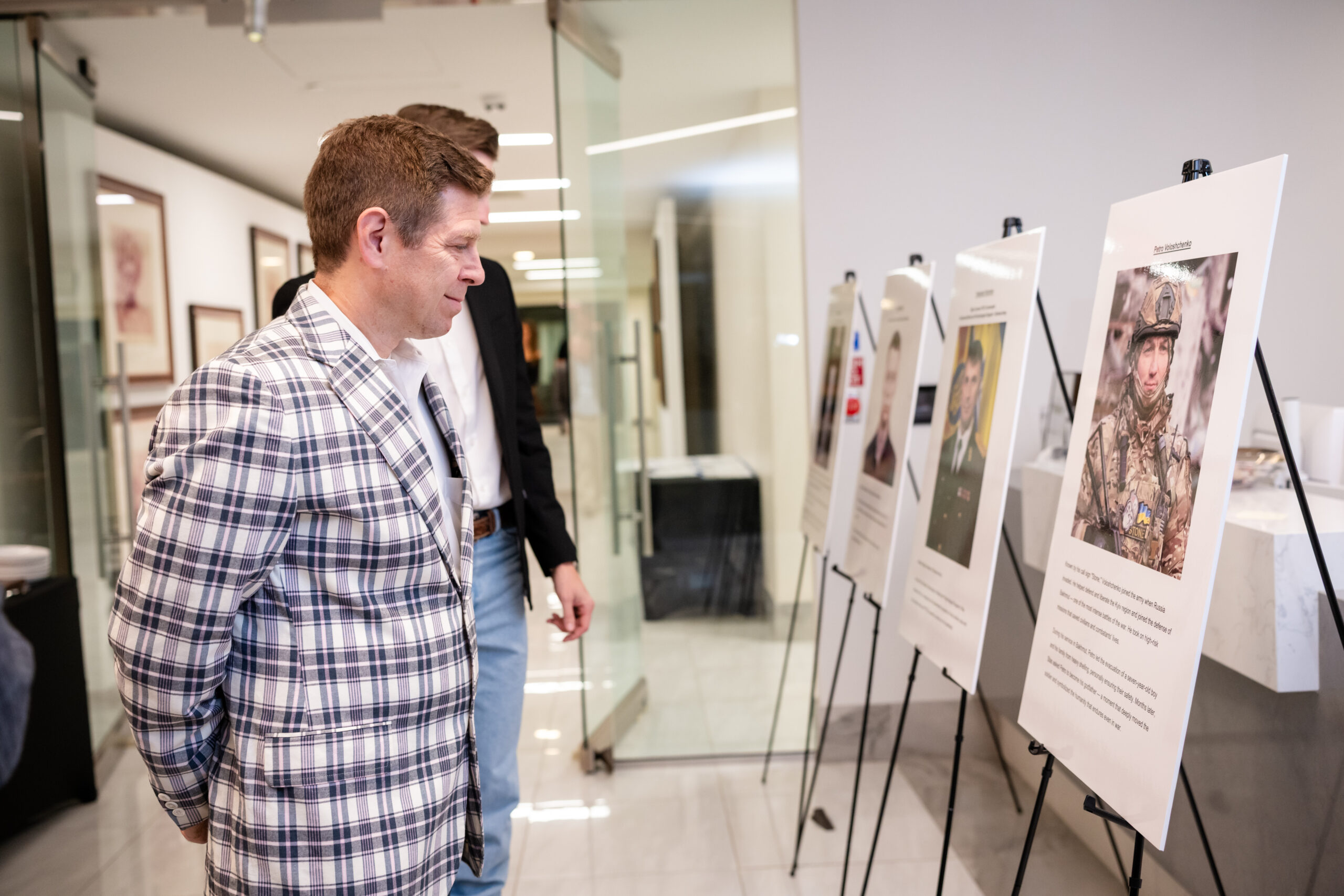From his first legal job at the Texas Ethics Commission to years advising lawyers at the State Bar of Texas, Texas Center for Legal Ethics Executive Director Brad Johnson has built a career around helping attorneys navigate the rules that guide the profession’s integrity — and explaining why those rules matter in the first place.
“The principles that our professional conduct rules are based on are really timeless principles,” Johnson said in an October interview with The Texas Lawbook. “I think it’s really compelling to take a step back and focus on why ethics matter and why professional conduct matters.”
Johnson’s latest role — which he stepped into this summer — places him at the helm of the Texas Center for Legal Ethics at a significant moment. The center, created in 1989 by three former chief justices of the Texas Supreme Court, recently marked its 35th anniversary. For Johnson, the milestone offers a chance to reflect on the center’s longstanding mission while charting new ways to reach lawyers whose professional lives look very different than they did three decades ago.

“It’s an interesting time to look back at what’s been done but also look ahead to what’s on the horizon in terms of goals and objectives,” Johnson said.
Johnson, 44, grew up in Midland and graduated from the University of Texas at Austin before earning his law degree from Texas Tech University School of Law. His path to the legal profession grew out of an early interest in government and public service. While he didn’t know any lawyers growing up, he did know Atticus Finch from To Kill a Mockingbird — his earliest example of an admirable lawyer.
After law school, Johnson joined the Texas Ethics Commission, where his focus was on governmental ethics. He later moved to the State Bar of Texas as an ethics attorney, handling questions and issues that cut across practice areas. Those experiences, he said, cemented his view that ethics and professionalism are essential to how Texans experience the legal system.
“If somebody’s becoming involved in a legal proceeding — whether it’s a trial or a transactional matter or something else — hopefully they’re walking away from it feeling like this was handled the right way, that things were done and decisions were made fairly,” Johnson said.
The Texas Center for Legal Ethics operates as an educational resource for lawyers, courts and the public. It produces CLE programs, publishes a monthly “Ethics Question of the Month” in the Texas Bar Journal and runs its “Ethics to Go” webinar series, among other efforts. Johnson said that in his first few months on the job he has already been struck by the level of volunteer commitment the center has received over the years — from trustees, judges and practitioners — all contributing time without expectation of recognition.
“It’s pretty impressive and overwhelming — the amount of time and effort that lawyers and judges and others have given, really for no reason other than the public benefit,” Johnson said.
Johnson said one of the organization’s challenges — and compelling opportunities — is connecting with lawyers in an information landscape that evolves by the year. When the center was founded in 1989, technology looked entirely different. Even a decade ago, he noted, lawyers weren’t getting information through the mix of podcasts, social media, digital news and webinars they rely on today.
“It’s really important that the center remains adaptive, because what technology looks like now and how people get their communication is probably going to look even quite a bit different several years from now,” Johnson said. “So I think it’s really important that the center remains adaptive … in terms of how it communicates with people to make sure that we’re fulfilling our mission of promoting ethics and professionalism.”
Johnson succeeded longtime Executive Director Jonathan Smaby, who retired in May, whom he credits with strengthening the organization’s programs and visibility. Looking ahead, he said the center will continue to focus on education, outreach and sustaining the profession’s expectations of ethical conduct — even as the means of communication keep shifting.
“Those values that are part of the Texas lawyers creed mattered in 1989,” Johnson said, “and they matter today.”
Rogge Dunn Hosts Ukrainian Veterans at Panel Discussion
On Nov. 15, the Rogge Dunn Group hosted four Ukrainian combat veterans who fought in the Battle of Kyiv. They shared their firsthand accounts of defending the Ukrainian capital in the initial days of Russia’s unsuccessful attempt to seize the city in February 2022.
“I went to Kyiv in May for a charity mission and I met these veterans and they touched my heart with stories of courage and sacrifice,” Rogge Dunn told CBS News. “These people have been put through so much that we need to help.”
Russia, which invaded Ukraine in early 2014 and illegally annexed territory that included Crimea and eastern parts of the country, launched a much larger invasion of its neighbor in 2022, which Moscow framed as a “special military operation” that significantly expanded the war.


